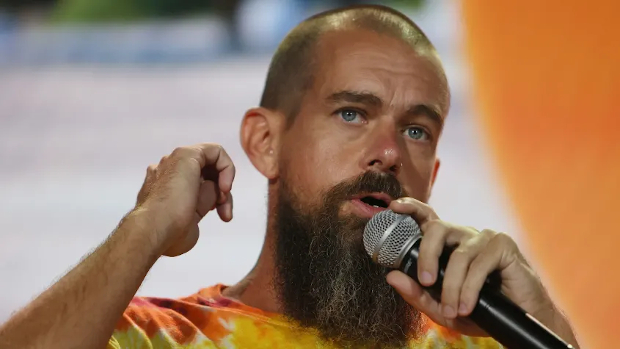
Jack Dorsey admits regret for helping to decentralise the Internet
Twitter co-founder and former CEO Jack Dorsey has taken to social media to apologise for the role he has played in the decentralisation of the Internet, which he calls a ‘damaging’ development.
Dorsey took to the platform he founded to make the admission, saying the old days of the Internet when communication platforms such as Usenet and IRC were the leaders in the space “were amazing”.
“Centralising discovery and identity into corporations really damaged the Internet. I realise I’m partially to blame and regret it,” he said, alluding to his work in creating the social media giant.
Twitter is one of the largest technology companies in the world with hundreds of millions of users and most recently a quarterly revenue of $1.57 billion.
It is also one of the most popular social networking sites and plays an important role in the professional world. Building a personal brand can help raise one’s profile in their respective industry and lead to opportunities thanks to increased networking value.
With access to millions of accounts and personal data, leaders in a centralised Internet can harness that data to deliver tailored experiences to users, like recommending adverts that align with their interests or showing them content that would appeal to their passions.
People have become increasingly wary of the power large companies have on the Internet and the personal data they safeguard, leading to growing calls for a more decentralised model.
The Onion Router (TOR) is an example of a decentralised internet product, operating on a peer-to-peer network – a decentralised model, though it is often painted in a negative light as it is perhaps most often used to access the Dark Web.
TOR works only when other users are online, each providing the same amount of computing resources to collectively prop up a network, removing the need for large servers.
Believers in a decentralised Internet feel the security that it provides, plus the freedom from corporate and national governance, is a better way for the Internet to operate. It would be free of censorship and allow users to own their data, though many think a hard definition for the concept is still under development.
Since founding, and recently leaving, Twitter, Dorsey has become a big proponent of blockchain technology and web3 – a future vision for the next generation of the Internet which is largely decentralised – and the technologies that they support like cryptocurrencies and non-fungible tokens (NFTs).
Dorsey is CEO at Block, which is a company that ties several digital payments businesses into one, including Square, CashApp, cryptocurrency company SprialBTC, and TBD – a decentralised finance system, as well as music platform Tidal.
Ⓒ Future Publishing






Subscribers 0
Fans 0
Followers 0
Followers